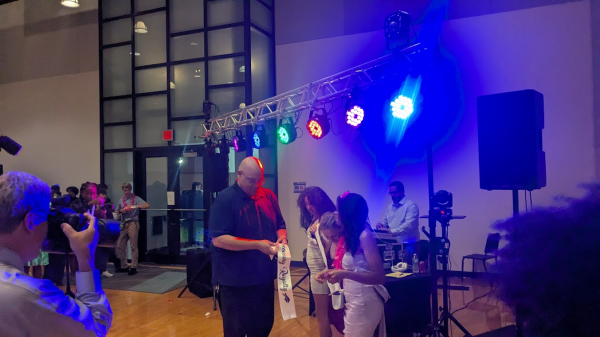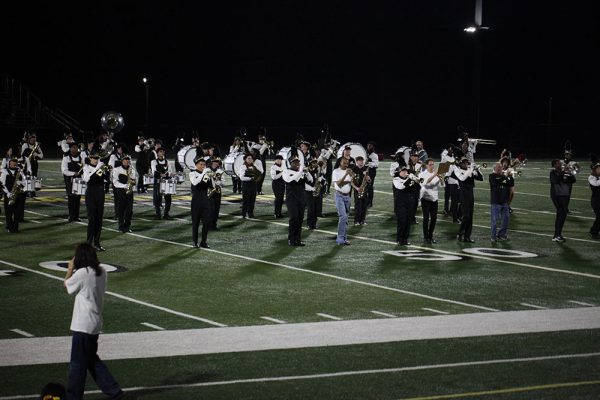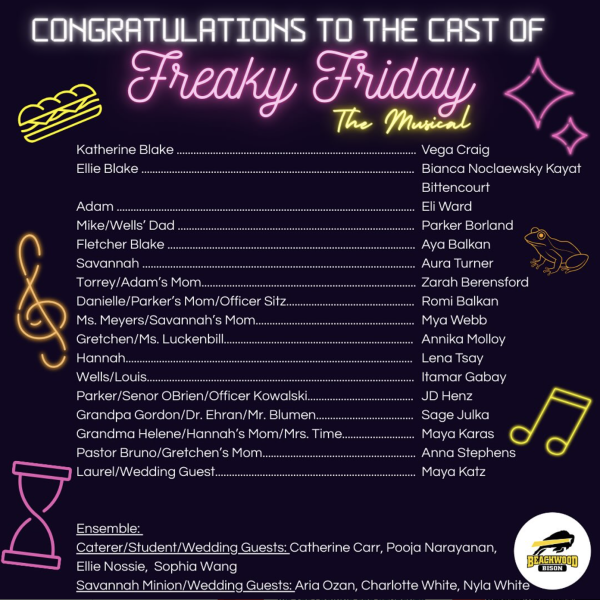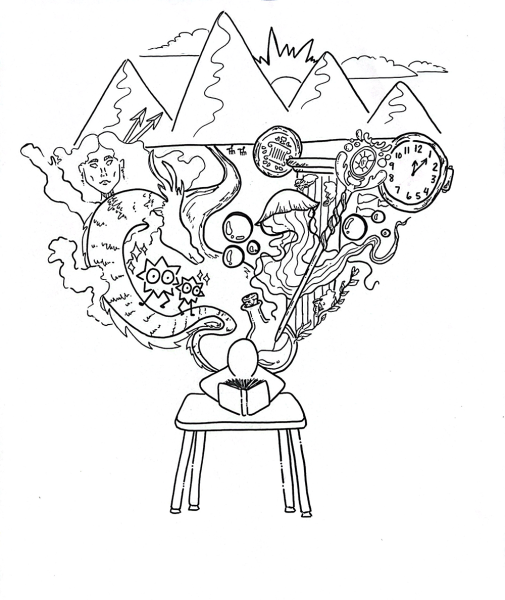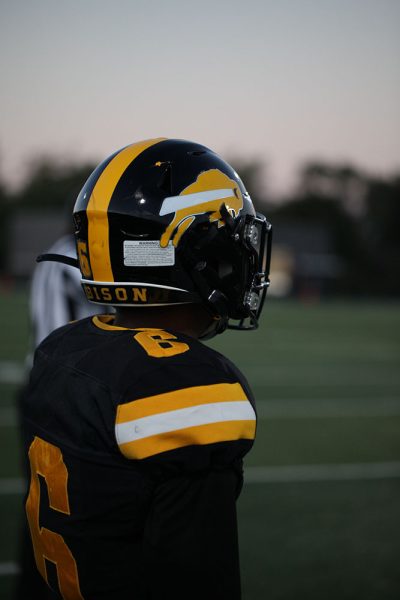Release of ‘Culture’ Represents Migos’ Climb to the Top of the Rap Industry
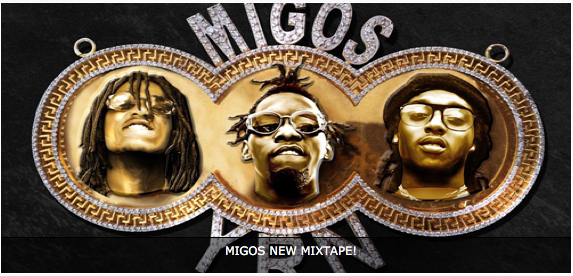
The group consists of two cousins, Offset and Quavo and Quavo’s nephew Takeoff. Image source: Migosonline.com
The past decade has been characterized by struggles in the rap industry over wealth, respect, talent and influence, but in 2017, Migos is leading the way in the rap game.
The group out of Atlanta, Georgia is a prominent contributor to the trap music genre of rap. Trap music was started by rap artist T.I. –also from Atlanta– with his 2003 album Trap Muzik. Basically, trap music got its name when people would sell drugs out of “trap houses,” eventually making enough money to launch their rap careers.
Migos debuted in 2013 when they released their first mixtape YRN. The group consists of two cousins, Offset and Quavo and Quavo’s nephew Takeoff. It took them a couple of years to get their names out to the public, but Drake’s remix of Migos’ song Versace boosted their status. One year later, they dropped the mixtape No Label II, which garnered them acclaim from many and earned them fans by the boatload.
I’d like to think avid Migos listeners know the majority of songs on No Label II, but it seems that even with Migos’ recent success, not too many people have looked back far enough in their career to know how they rose to fame.
This leads me to the release of their latest album Culture. It has been named the number one album on the Billboard 200 Chart, beating out Drake’s successful 2016 album Views From The 6 and Chance The Rapper’s album Coloring Book.
I think the album itself represents Migos’ journey into wealth and power in the rap industry. For example, the content of Culture is a lot more polished compared to that of No Label II. The way the songs are produced in Culture makes it seem as if Migos knows they’ve “arrived” in the music industry. The beats and lyrics on No Label II suggest a grind to make it to the top.
Now, I’m not saying I don’t like Culture, but, in my opinion, in spite of the acclaim it has received, it still isn’t as good as their early music.
A big reason for this is the fact that Migos released the best songs on the album before it even came out. Of course I’m talking about their most popular songs Bad and Boujee and T-Shirt. Had they waited to release these songs with the rest of the album, I think that it would have even more success than it’s already had.
I actually really like both Bad and Boujee and T-Shirt. Once I was at a party when Bad and Boujee started playing, and all the conversations ended right when the song turned on. People started rapping along with the lyrics and dancing to the beat. Even though the song is overplayed, it still feels fresh each time.
Other songs on the album include Slippery, which featured another Atlanta rapper Gucci Mane. The song contains a pretty decent beat, with an underlying noise that reminds me of water drops falling into a puddle. Honestly, I think the addition of Gucci Mane in this song might have a been a better idea before recording because his flow doesn’t really match up to the particular style of rapping that the Migos have.
After Slippery, the next song on the album is Big on Big. It starts off with a piano riff that begins to get taken over by the beat of the song. One thing I like about this song are the lyrics, particularly that the overall message is that if you do something, the Migos do it better. Lines like “If I pull out a dub, you pull out a ten, how you gon’ big on big?” really portray the Migos’ attitude toward the rest of the rap game and that nobody really compares to them.
The eighth song on the album is called What The Price. It starts off similarly to Big on Big, but with a guitar solo instead of piano, meeting the beat of the song after you get the feel of it. I get this feeling when I listen to this song that I’m just chilling with my friends, feet up, relaxing as the guitar is almost hypnotizing.
The album definitely didn’t live up to the hype that I’d heard for it, but that might be because of the standard I hold them to as one of my favorite music groups. Of course musical taste is very subjective, so if you’re contemplating listening to Culture, I suggest you click play and see if you like it yourself.

Ben Connor has been a staff writer for The Beachcomber since the fall of 2016. Ben has played varsity football, basketball and baseball, and has been...



